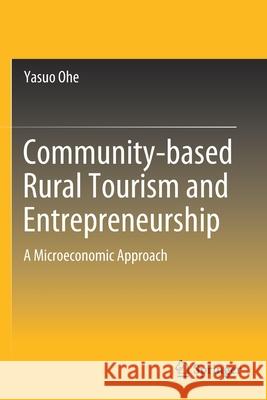Community-Based Rural Tourism and Entrepreneurship: A Microeconomic Approach » książka
topmenu
Community-Based Rural Tourism and Entrepreneurship: A Microeconomic Approach
ISBN-13: 9789811503856 / Angielski / Miękka / 2020 / 329 str.
Community-Based Rural Tourism and Entrepreneurship: A Microeconomic Approach
ISBN-13: 9789811503856 / Angielski / Miękka / 2020 / 329 str.
cena 483,04
(netto: 460,04 VAT: 5%)
Najniższa cena z 30 dni: 462,63
(netto: 460,04 VAT: 5%)
Najniższa cena z 30 dni: 462,63
Termin realizacji zamówienia:
ok. 16-18 dni roboczych.
ok. 16-18 dni roboczych.
Darmowa dostawa!
Kategorie:
Kategorie BISAC:
Wydawca:
Springer
Język:
Angielski
ISBN-13:
9789811503856
Rok wydania:
2020
Wydanie:
2020
Ilość stron:
329
Waga:
0.48 kg
Wymiary:
23.39 x 15.6 x 1.83
Oprawa:
Miękka
Wolumenów:
01
Dodatkowe informacje:
Wydanie ilustrowane











